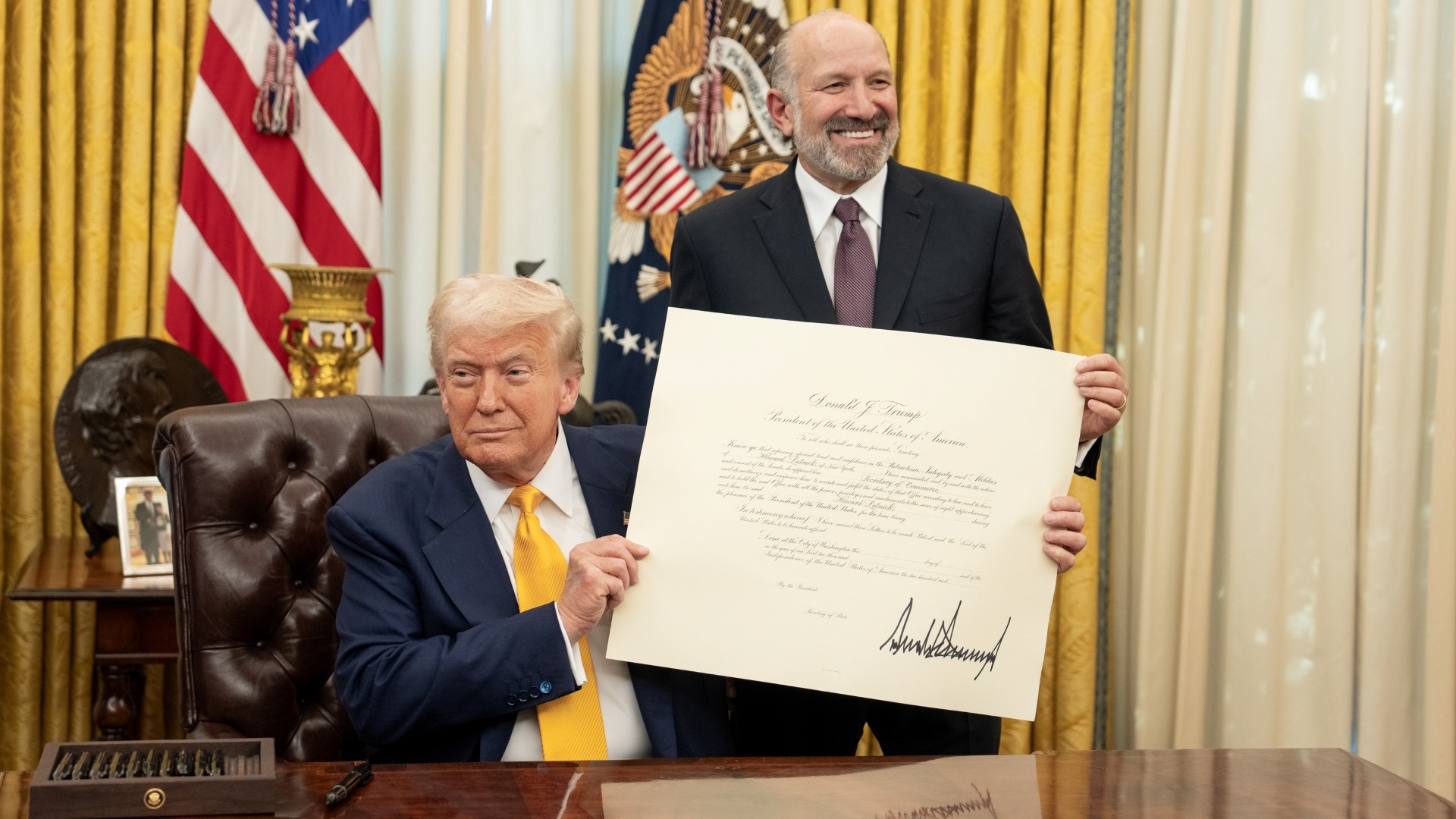Concerns About the US Economy Continue to Grow While Its Forecasts Shrink
Photo by The White House
In the wake of a pretty horrible US jobs report that freaked Trump out, the World Bank just slashed its growth forecast for the United States to half of last year’s figure. Due to Trump’s tariffs, they expect the globe’s largest economy to grow by just 1.4 percent this year, down from 2.8 percent recorded last year. In January, it forecast a 2.3 percent gain for the US economy in 2025, putting a number to how big an impact Trump’s tariffs have on economic growth. “Global growth prospects have deteriorated. Without a swift course correction, the harm to living standards could be deep,” Indermit Gill, the World Bank’s chief economist wrote in the report. “International discord — about trade, in particular — has upended many of the policy certainties that helped shrink extreme poverty and expand prosperity after the end of World War II.”
And these projections are under the current tariffs that were temporarily imposed after TACO Trump’s multiple pauses that are all due to expire in a little less than a month. If the base expectation is for GDP to get cut in half over the course of the year under an effective 30 percent tariff on China, it’s not difficult to wonder how bad it could get if we revert to the unhinged 125 percent that Trump imposed back in April.
Forecasts are one thing though, but when people are putting their money where their mouth is, that really adds legitimacy to these fears, and Hong Kong has presented a very concerning dynamic over the past month, as Asia Editor for the Financial Times, Robin Harding, detailed in an excellent column this week.
-

-

-

-

-

-

-

-

-

-

-

-

-

-

-

-

-

-

-

-

-

-

-

-

-

-

-

-

-

-

-

-

-

-

-

-

-

-

-

-

-

-

-

-

-

-

-

-

-

-

-

-

-

-

-

-

-

-

-

-

-

-

-

-

-

-

-

-

-

-

-

-

-

-

-

-

-

-

-

-

-

-

-

-

-

-

-

-

-

-

-

-

-

-

-

-

-

-

-

-

-

-

-

-

-

-

-

-












































































































